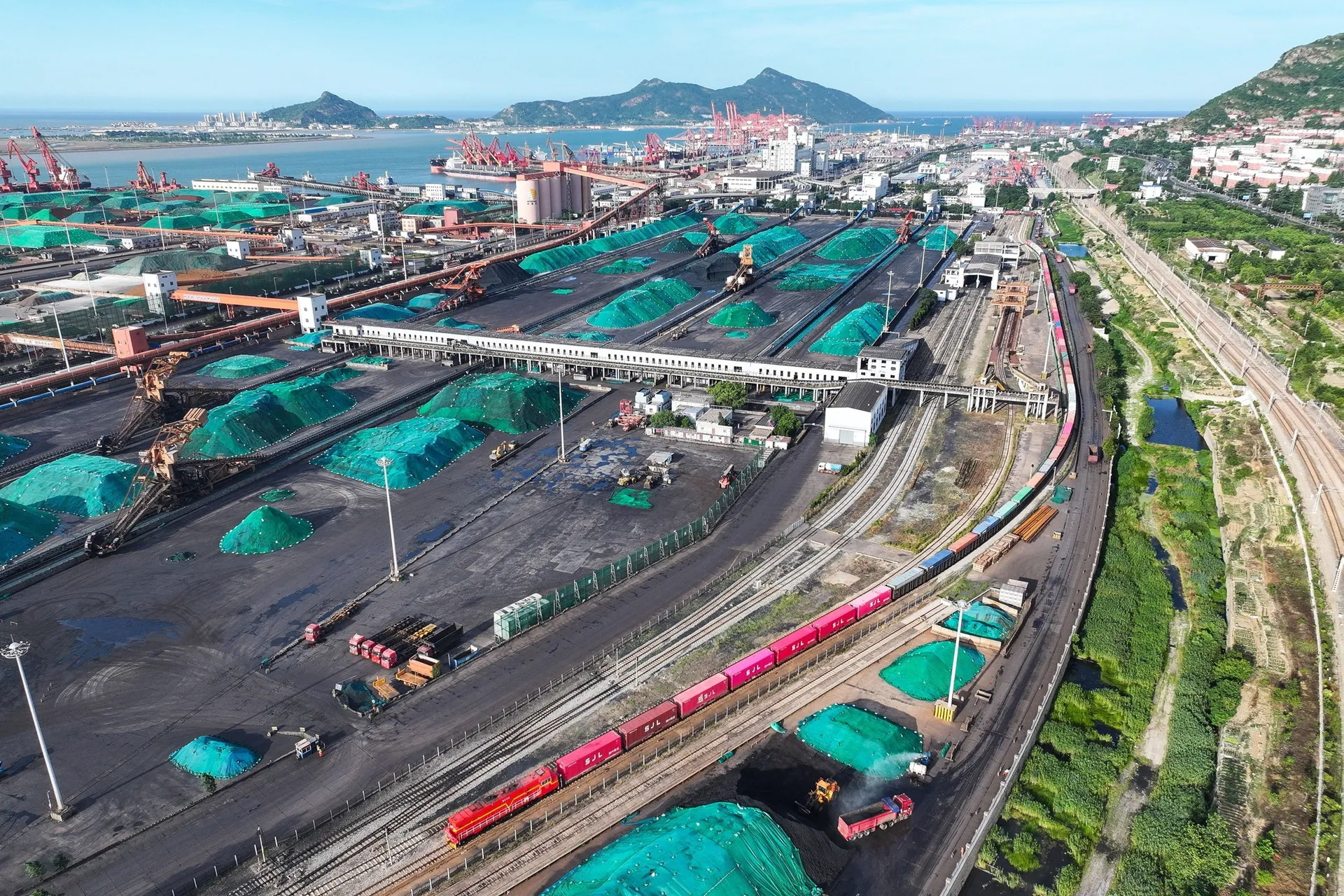
Amid the usual bluster, the most remarkable lines in Donald Trump’s second inaugural address were about geography. “The United States will once again consider itself a growing nation,” the president said back in January. America would now be a country that “expands our territory . . . and carries our flag into new and beautiful horizons”.
Many did not take seriously Trump’s ruminating about retaking the Panama Canal or annexing Canada or Greenland. Yet the longer he has done so, the clearer it has become that his instincts involve an odd mixture of geographic expansion and isolationism. His return to the White House heralds not just a turbulent moment in business and geopolitics, but also the end of hopes for a more borderless world, and a return to concerns about territorial boundaries and economic control.